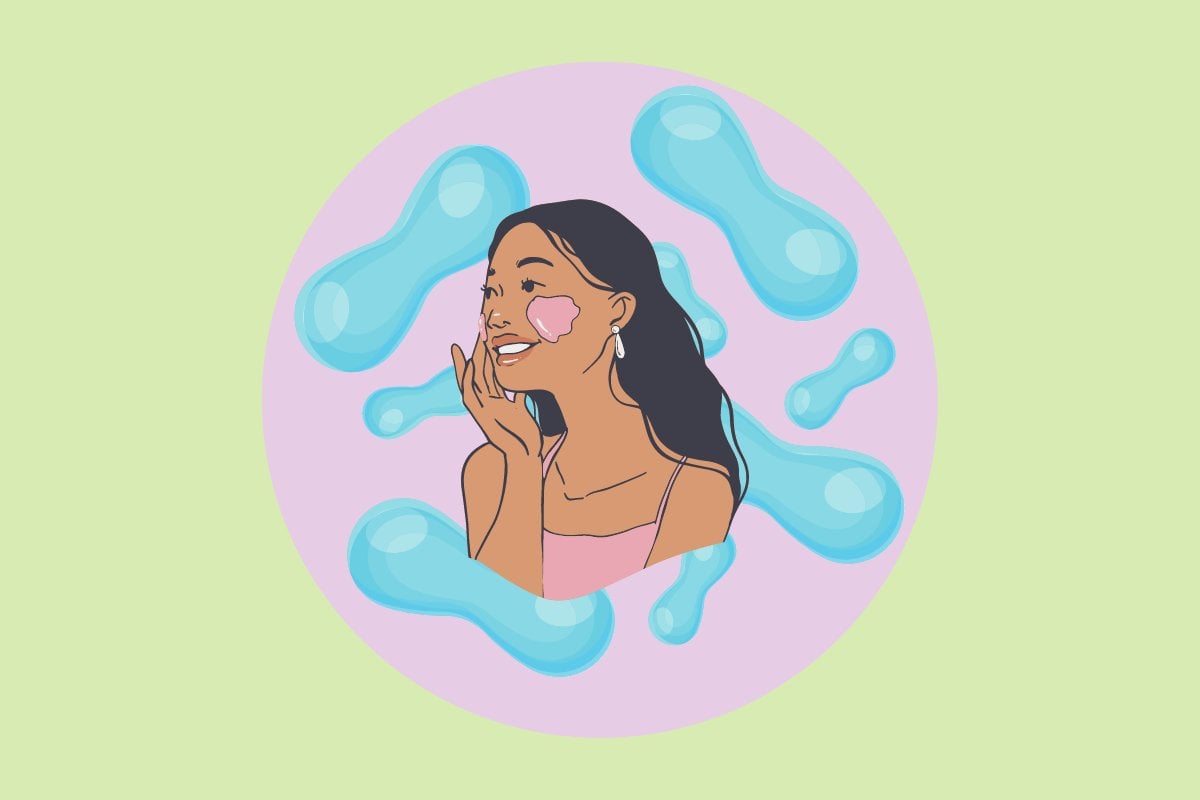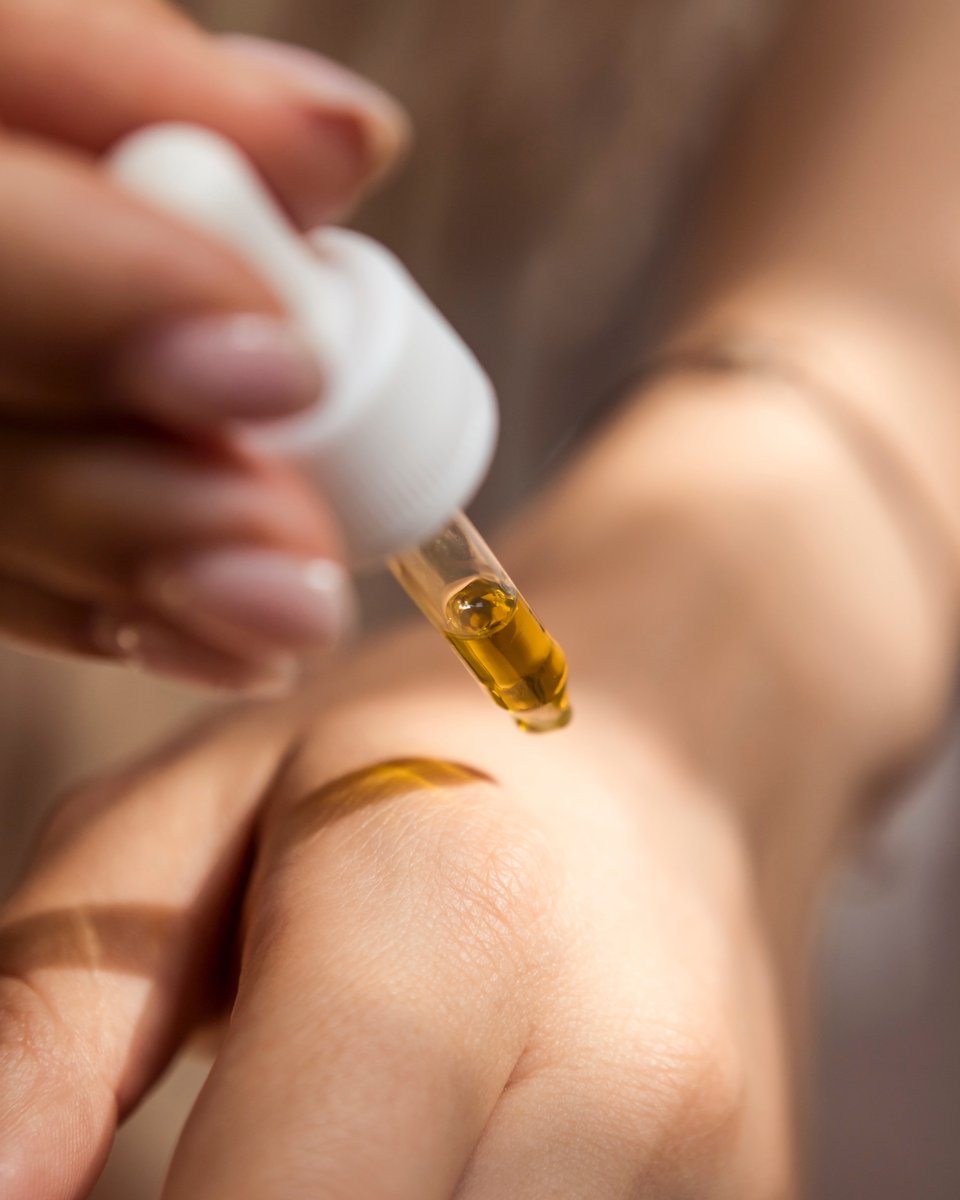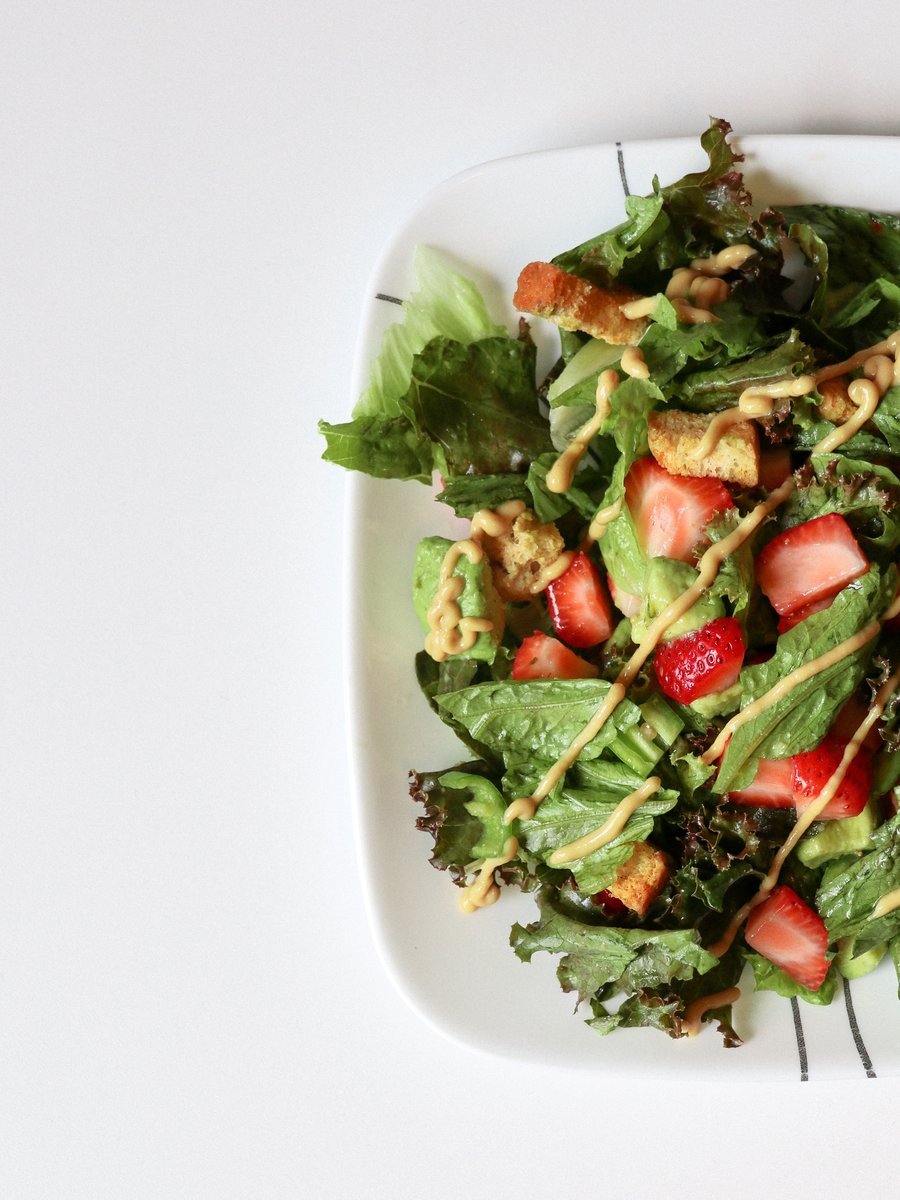

We all know how important it is to drink enough water if we want glowing skin. We also know that when we consume a lot of unhealthy food, the evidence usually pops up on our skin, announcing to the world how much we have been skimping on our greens.
So, it's not exactly surprising to be told that there is a relationship between what we consume and how healthy our skin is — all of which has a lot to do with maintaining happy microbiomes.
Wait, micro-what-now?
Hands up if science wasn’t your strong suit in high school? *raises hand*.
The term microbiome has been cropping up in conversations around skincare and if it has you scratching your head, you’re not alone.
To get to the bottom of the beauty trend that just won't quit, Mamamia spoke to dermatologist Dr Shyamalar Gunatheesan to find out more about microbiome and why it has its place in the world of skincare.
What is microbiome?
"Microbiome is a collection of DNA and RNA — which are both messaging proteins. They consist of all the genetic materials on our skin and in the different parts of our body. Microbiome also includes a collection of bacteria or yeast and viruses," Dr Gunatheesan tells Mamamia.
This mix of DNA and RNA plus bacteria, yeast and viruses essentially create micro ecosystems within our body, and like the gut, the skin has its own microbiome.
Bacteria sounds like such a negative thing. Is there a fight between the good and the bad kind?
Dr Gunatheesan says that the idea of good versus bad bacteria is actually a fairly old school thought.
However, she suggests that there are a lot of different variables when it comes to a person's balance of bacteria. Things like environmental exposure and general disposition can all impact how much (or how little) bacteria they have.

